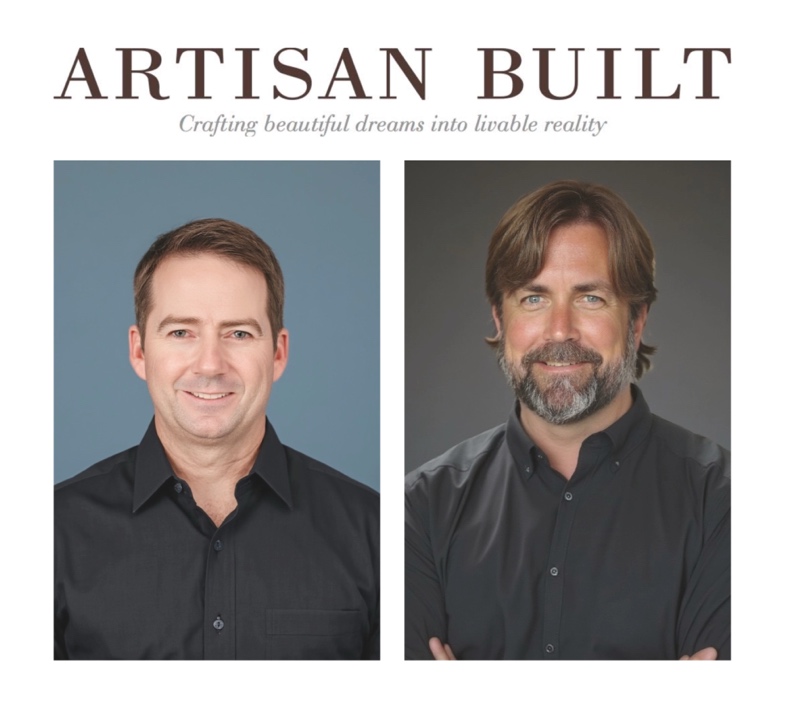Mindful attunement straightens relationships
Published 3:59 pm Tuesday, January 13, 2009
Oblivious? Does it apply to you or someone close to you? Merriam-Webster Dictionary definitions include: “lacking mindful attention” and “lacking active conscious knowledge or awareness.” For the purpose of this article I am focusing on the degree to which you may be oblivious to what is going on within yourself and with the significant other person in your life. This condition is not a result of lessened intelligence or stupidity. It is a condition that most people need to enhance if they want a better and closer relationship with another person.
“Mindlessness” is this loss of awareness, a separation from your inner-self, particularly your feelings and the emotional state of the other significant person in your life. Life is then lived mechanically, oftentimes leading to forgetfulness and heightened stress.
“Mindfulness” is the developed ability to be attuned — “in touch” with your inner being, aware of what is going on both inside and outside of yourself. You are able to separate from the barraging stresses and distractions of life and, thus, be able to connect with the most important person in your life.
To have a deep connection with another you need to climb over the walls of your emotional defenses that inhibit the ability to be close to someone. In the movie “As Good as it Gets,” the character that Jack Nicholson plays broke through his defensive obsessive compulsive disorder to say “You make me want to be a better person.” One anonymous commentator on that line describes it this way: “Absorbing the feelings and depth behind that statement is close to the perfect definition of what love should mean between a man and a woman.” (Lest anyone be confused, I am not nominating Jack Nicholson as a good model of male attunement. Ego can get in the way.)
When you are with the person you love it is vitally important to be mindful, to be attuned to what the other person is feeling, saying, and desiring. In relationship counseling I often hear one or both of the spouses say that the other is “clueless” — not picking up where the other is coming from. Thus, distance exists and the relationship suffers at many levels, because one or both persons is not “heard” or “read” by the other.
The major blockers to attunement are anger, fear of closeness, stress, self-absorption, distractions and depression. To overcome these inhibitors, you need self examination, and perhaps, assistance. I would like to offer you a resource to develop mindfulness through a meditation technique. This technique has been the subject of hundreds of research studies that have demonstrated results showing: lowered anxiety and stress, ability to relax, greater energy and emotional sensitivity, creativity and enthusiasm, improved self esteem, reduction in pain, etc… Two of the founding fathers of this are Dr. Herbert Benson of Harvard University and Dr. Jon Kabat-Zinn of Mass General in Boston. Both have done extensive research on meditation/mindfulness. If interested I encourage you to Google each of them to learn more about the research and practice involved. Dr. Benson’s book “The Relaxation Response” was a best-seller and led many individuals and corporations to utilize the technique. I teach it to people in my practice. It is easy to understand and depends on your discipline as to how much benefit you will get from it.
Most people who meditate find it to be so beneficial that they want to expand this mental process through physical activity. Various exercises, especially Yoga, are complementary adjuncts to this worthwhile endeavor. Anytime you can put together mind, body, and spirit, you are “being all that you can be!”
In summary, it is important to be mindful to both what is going on within yourself as well as the other person you care about. The ability to be so attuned has innumerable benefits. I hope that you are enjoying them or at least on the road to developing this ability!
Dr. Stathas is a counseling psychologist, licensed marriage and family therapist, in the Lake Oconee area. He is the founder of the Stathas Life Development Center. He can be reached at 706-473-1780. E-mail: Stathas@plantationcable.net. Web site: drstathas.googlepages





